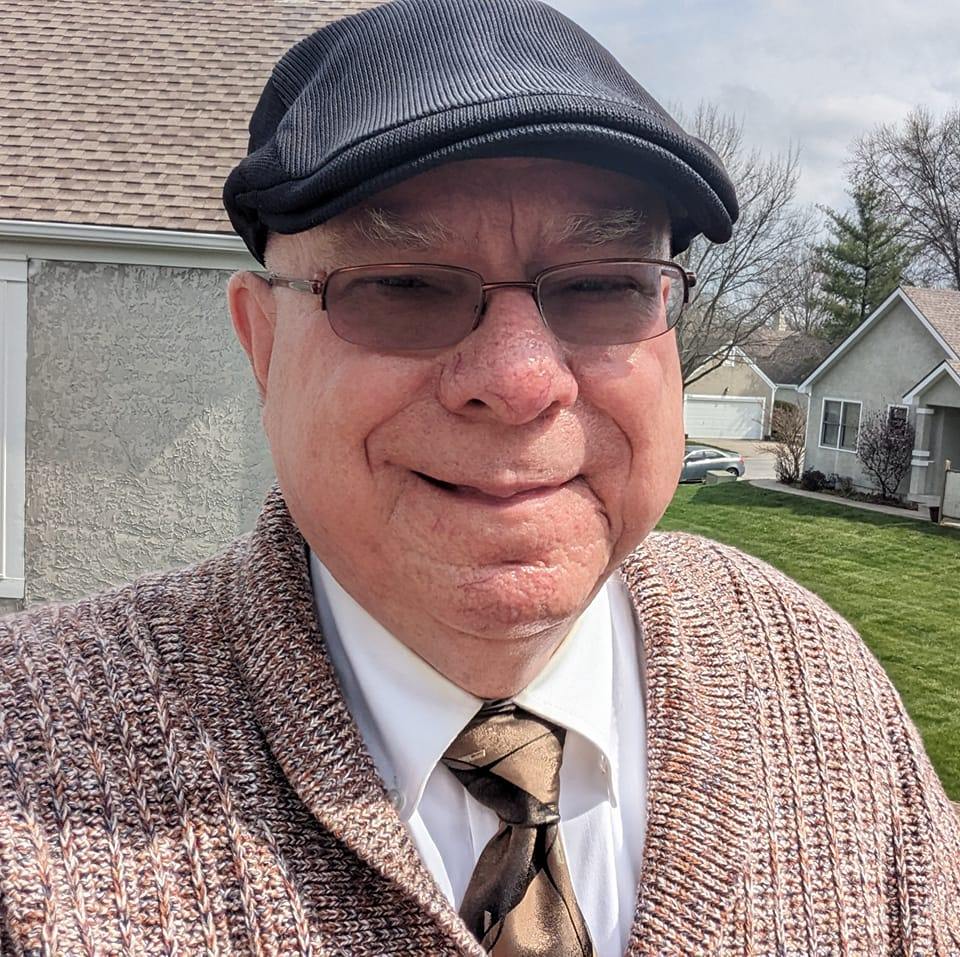
Previously, we discussed the addict’s need to reconnect with God. Now, we turn to another important issue, the addict’s need to reconnect with himself. By this I mean gaining a new level of self-awareness that leads to positive change. This means knowing how he feels and why. And, importantly, it means recognizing his own needs. There are four essential areas of self-awareness that all who wish to succeed in living sober and healthy lives must have:
A. I am powerless over alcohol and/or drugs — This does not mean, “I am unable to avoid using alcohol or drugs.” This recognition focuses on what happens when the addict uses his/her drug of choice (which may be ethyl alcohol). This is the clinical definition of powerlessness — the admission (both intellectually and emotionally) that even in the most limited use of alcohol or drugs results in an outcome that the addict cannot predict. They need to see drinking or drugging as playing Russian Roulette with a gun. Just as every chamber does not contain a bullet, not that every using experience ends up in days of out-of-control use and behavior. But, eventually they will lose control. The addict’s relationship with alcohol and drugs can be viewed as sort of romantic in nature. The downward spiral of addiction really is the story of years of subtle “trade-offs” made to maintain this relationship. These trade-offs include forsaking other meaningful human relationships. These trade-offs also involve the loss of jobs, personal integrity, and self-esteem. In order to be fully committed to the process recovery, individuals must be totally convinced of the destructive nature of this relationship — to the point where they will, indeed, go to any lengths to overcome that their addictions. This sense of powerlessness also comes with it knowledge that addiction cannot be overcome simply through force of will. They will find success only if they look outside of themselves for the power to change.
B. I need God – All addicts begin the journey of recovery in a state of spiritual and moral bankruptcy. While they need forgiveness, they also need God’s guidance and His power if they are to experience lasting change in their lives. In many ways, helping them to gain a deep sense of how powerless they are — and an understanding of the impotence of self-will — is the essential step toward having a genuine spiritual experience, the lynchpin of 12 Step recovery.
C. I can change – Many addicts have tried unsuccessfully to change on their own. They fail to realize that living sober is more than “putting the cork in the jug.” I’ve known people who were more miserable after stopping chemical use than they ever were while actively pursuing a life of addiction. Once alcohol and drugs have been removed from a person’s life, they face an even bigger challenge: living without them! They can be overwhelmed by their own feelings, fears, and character defects. While they formerly used mind-altering chemicals with life’s heavy emotions, in order to keep from going back, they need a whole new set of “tools” to tackle the multitude of issues they face. Salvation, according to the Bible, has two parts as illustrated in John 3:16. God’s son came both to save us from perishing and to give use eternal life. Eternal life is more than something that we get after we die. It is a quality of life that God intends us to experience in the here and now. The realization that real substantial, life-transforming change can happen for them is very difficult to grasp. Too often, pleasing God is viewed as more of a “performance” thing than a “relationship” thing. This is because all addicts and other people from dysfunctional family systems have a heavy dose of “toxic shame.” It causes them to feel unlovable, hopelessly flawed, and unable to change. Growing relationships with God and healthy people will instill and support the hope of change within their hearts.
D. I need a people — Most addicts have a condition I call “terminal uniqueness.” — a notion that no one has experienced what they have. No one really understands their troubles. This leads to a sense of hopelessness and subverts any notion that change is possible. The term “recovery” is synonymous with the scriptural term “sanctification” and means a life-long process of change. It is becoming involved in a structured ongoing program of personal growth. Recovery means dealing “head-on” with the issues that draw one back to old destructive ways and learning new ways to deal with the challenges of life. Most importantly, recovery is about relationships. Repairing and restoring relationships that have been damaged because of addiction is essential if a recovering addict is to move confidently toward establishing new, healthy relationships.
Isolation is often one of the earliest signs that an individual is headed toward a relapse into active drug or alcohol use. The antidote to isolation is a commitment to support group meetings, ongoing fellowship within the church, and staying actively involved with the right sort of people.

 How can we help the addict who is also mentally ill?
How can we help the addict who is also mentally ill? Doesn’t the promotion of the “disease concept” help addicts to avoid taking responsibility for their behavior?
Doesn’t the promotion of the “disease concept” help addicts to avoid taking responsibility for their behavior?

